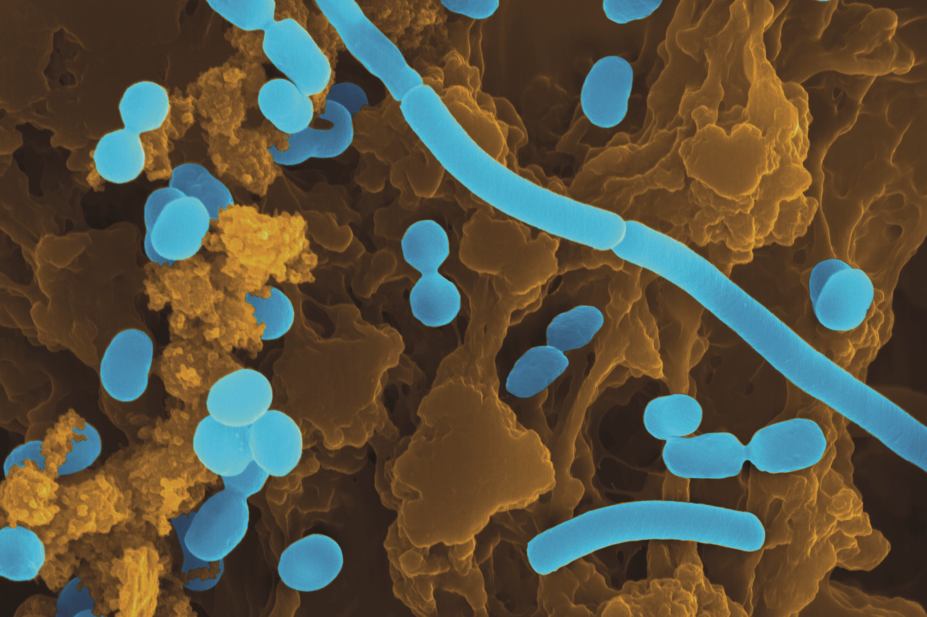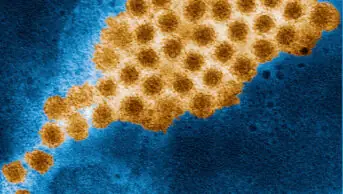
Dennis Kunkel Microscopy / Science Photo Library
A 7-day course of antibiotics for Gram-negative bacteraemia (GNB) is associated with a faster return to normal activities, compared with 14-day treatment, according to a study presented at the European Congress of Clinical Microbiology and Infectious Diseases held in Madrid, Spain, 21–24 April 2018[1]
.
Researchers randomly assigned 604 patients hospitalised with GNB to either 7 or 14 days of antibiotic therapy.
The team found that at 90 days, 46.1% of patients in the 7-day group and 50.0% of patients in the 14-day group had experienced treatment failure, re-admission or death. Also, 7-day treatment was associated with 1,551 fewer antibiotic days and a faster return to normal activities (median 2 weeks vs 3 weeks) compared with 14-day treatment.
“In patients hospitalised with GNB and sepsis resolution … a course of 7 covering antibiotic days was non-inferior to 14 days, reduced 1,551 antibiotic days and resulted in a more rapid return to baseline activity,” the researchers concluded.
References
[1] Yahav D, Turjeman A, Babitch T et al. Seven versus 14 antibiotic days for the treatment of Gram-negative bacteraemia: non-inferiority randomized controlled trial. Presented at: European Congress of Clinical Microbiology and Infectious Diseases; 21–24 April 2018; Madrid, Spain.
You may also be interested in

Norovirus and strategies for infection control

Case-based learning: insect bites and stings
